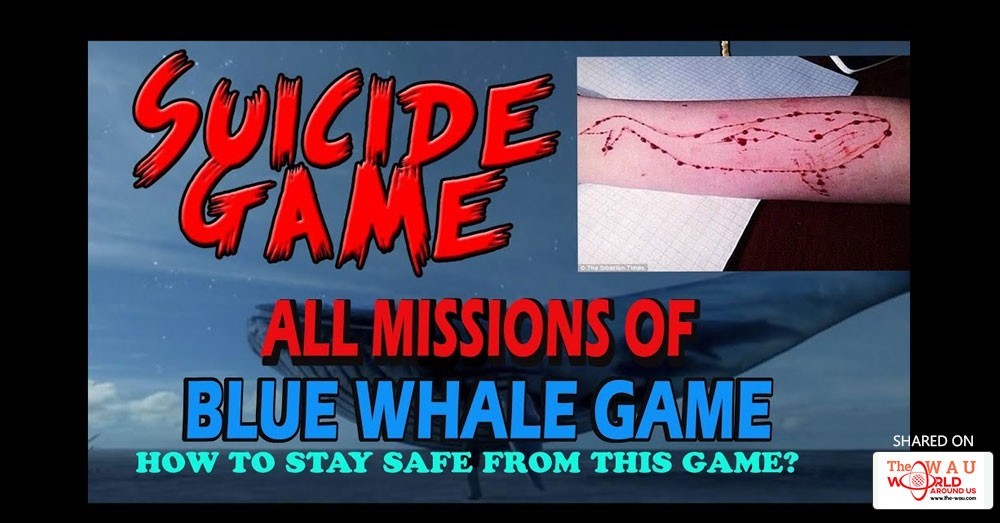The media has covered much about the tragic deaths of innocent young individuals who fall prey to this horrible game created by a hacker with sadistic intentions. Amid the news reporting the gory details of this internet-epidemic, there are also various help related articles to educate victims about safety measures.
What is The Blue Whale Suicide Challenge?
It is a social media group which creates a set-up where people have to finish a series of challenges resulting in the final step of killing themselves. The creator of the game is a 22 year old Russian, Phillip Budeikin. He was caught and is now in jail. The game created by him has claimed over 100 lives in the world.
‘Blue Whale Challenge’ cannot be searched on Facebook and Instagram, as both platforms will display an advisory against self-harm and offer resources for you to seek help. However, Facebook will eventually show the results, as will Instagram. There are many games and groups made with similar names, but they don’t necessarily prove to be suicide groups or harmful in any way. The words, ‘Blue whale”, “Challenge” and “Game” are smart ways of masking a harmful suicidal trap to lure innocent young individuals.
How Should You Stay Safe?
First of all, parents should be extremely vigilant about their children’s state of mind and concerns. They should be taught the dangers of the irresponsible use of technology and should be made to feel comfortable about discussing any difficulties in their lives. Parents should offer to talk freely and allow children to discuss their lives without the fear of punishment and judgments. Children are naïve and they can easily fall prey to stress and depression if they are left vulnerable to negative influence.
Here are a few do’s and don’ts to stay safe from this deadly game:
- Educate young individuals in your environment about the risks and consequences. Teachers and parents can play an important role in preventing ignorance from being the cause.
- Be open to conversations and observe the youngsters in your environment. Body language and signs of physical harm should not be ignored or taken lightly.
- Be observant about your children’s behavior, whether they are being too secretive or spending too much time on the internet. Be careful about their moods and health, if any change is visible you should immediately seek help.
- Don’t force them to stop using social media, be open to conversations and spending more time with them. Stay in touch with their mental and emotional set-up instead of forcing them to stop using the internet.
- Don’t judge them for their mistakes or problems. Help them get out of whatever is bothering them. Remember, a friendly advice from parents and teachers can make the youngsters feel more comfortable about sharing.
- Don’t hesitate to take help on time. It’s important to take action on time instead of waiting for evidence or staying in denial. This is the hour of quick action, not contemplation.
- In case you observe irregular online activity, contact you nearest cyber-crime cell or inform the authorities immediately.
- Contact the police or your parents if you feel your friend or someone you know might be in trouble. Take care of people around you and help them if they need you.
- If you hear someone talk about suicide, you should immediately contact the suicide helpline.
- If you are feeling confused and are contemplating extreme measures, please talk to someone who can help you. Talk to your parents, teachers, or friends, don’t be isolated if you feel troubled.
Share This Post















